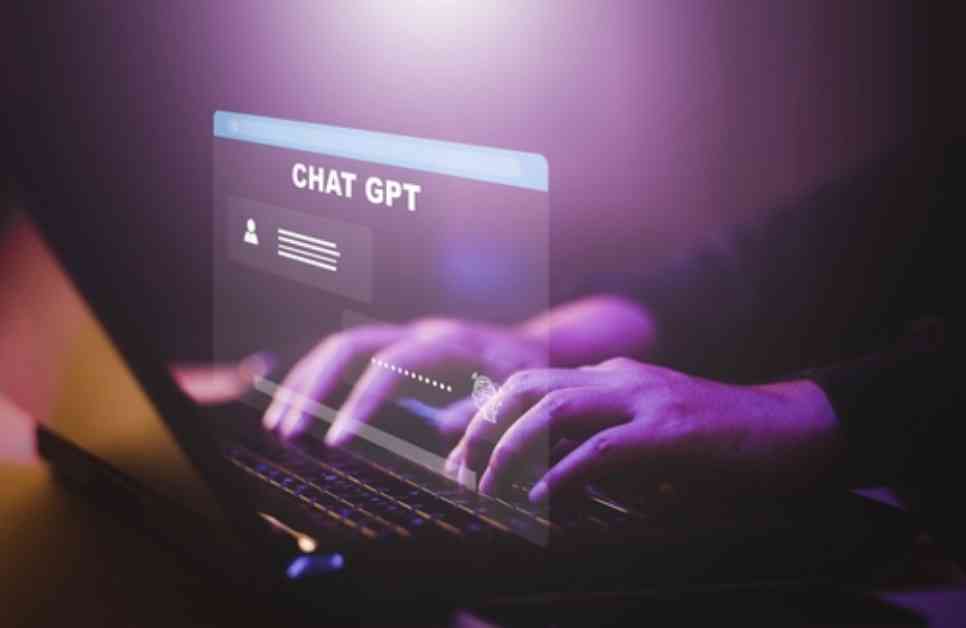Potential Sanctions Loom for No. 42 Law Firm Over AI-Generated Fake Citations
In a surprising turn of events, lawyers from the prominent plaintiffs law firm Morgan & Morgan are facing potential sanctions for a motion that referenced eight non-existent court cases, some of which were suspected to have been created by artificial intelligence. The incident has sparked a wave of discussions regarding the use of technology in legal practice and the implications of relying on AI-generated content.
U.S. District Judge Kelly H. Rankin of the District of Wyoming issued an order on February 6, directing lawyers from Morgan & Morgan and the Goody Law Group to produce copies of the cited cases. If unable to do so, they were instructed to explain why they should not be subject to sanctions. This development has raised questions about the accuracy and reliability of automated tools in the legal profession, shedding light on the potential pitfalls of leveraging AI without proper oversight.
The law firms in question admitted that the cited cases were a product of an internal AI platform and were not based on actual legal precedents. In their response to the show-cause order issued by Judge Rankin, they expressed deep regret over the situation and highlighted the need for enhanced training and oversight in the use of artificial intelligence. The incident serves as a cautionary tale for legal practitioners navigating the complexities of integrating technology into their practice.
Rankin noted discrepancies in the lawyers’ motion, particularly a reference to Wyoming caselaw that was supported by fake federal district court cases. This oversight underscores the importance of maintaining accuracy and diligence when citing legal authorities, especially in federal court proceedings. The incident has highlighted the challenges that arise when technology outpaces traditional legal research methods, emphasizing the need for a balanced approach to innovation in the legal field.
Morgan & Morgan, a well-known law firm ranked 42nd in the United States by firm headcount, faces scrutiny over the mishap, while the Goody Law Group, a smaller firm based in California, is also implicated in the controversy. The case, which revolves around a defective hoverboard sold by Walmart that allegedly caught fire, has drawn attention to the potential consequences of relying on AI-generated content in legal filings.
Legal experts have weighed in on the situation, with Above the Law founder David Lat cautioning that even lawyers at large firms can fall victim to misusing AI tools like ChatGPT. This incident serves as a stark reminder of the importance of maintaining ethical standards and due diligence in legal research, particularly as technology continues to play an increasingly significant role in the legal landscape.
The lawyers involved in the disputed motion, including Rudwin Ayala and T. Michael Morgan of Morgan & Morgan and Taly Goody of the Goody Law Group, have yet to respond to inquiries from the ABA Journal. The lack of communication from the implicated parties underscores the seriousness of the situation and the potential ramifications they may face as a result of the erroneous citations.
As the legal community grapples with the fallout from this incident, it serves as a poignant reminder of the complexities and challenges inherent in integrating AI into legal practice. The need for transparency, accountability, and ethical considerations in leveraging technology is paramount, as demonstrated by the repercussions faced by Morgan & Morgan and the Goody Law Group in this case.
In conclusion, the incident involving AI-generated fake citations at a prominent law firm highlights the evolving landscape of legal practice in the digital age. As technology continues to reshape the legal profession, it is imperative for legal practitioners to exercise caution and diligence in utilizing automated tools to ensure the integrity and accuracy of their work. This cautionary tale serves as a stark reminder of the pitfalls of relying solely on AI-generated content without adequate oversight and verification.















